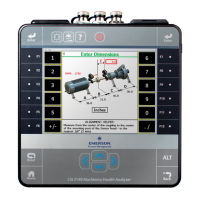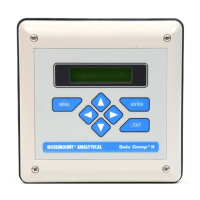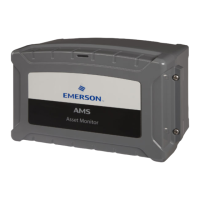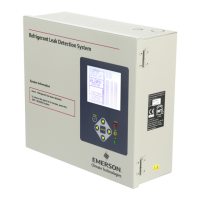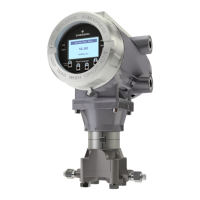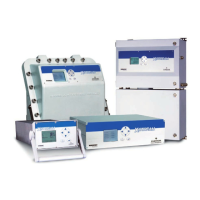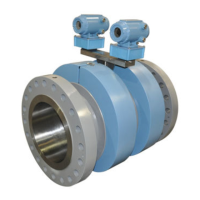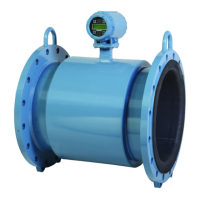• Live plot - Select Instant Spectrum or Average Spectrum to view the last measurement or
the average of all the measurements.
• Type of average - Set the method to calculate the average. The sections below list
the type of averages available.
Option Description
Normal Average Add the power in each frequency line and divide by the
number of averages. Normal Average is suitable for most
measurements.
Peak Hold Average Display the largest amplitude of each spectral line. Use this
option during a machine coast down or to monitor random
fluctuations such as steam whirl or oil whirl.
Synchronous Time Remove the vibration of other machines from the signal, so
only the vibration from the reference machine remains. The
analyzer synchronizes each data sample with a tachometer
pulse, computes the average, and creates the spectrum
from the averaged waveform.
Use Synchronous Time when you need data directly related to
the turning speed of a specific shaft, or when several
machines or shafts on one machine turn at slightly different
speeds.
Note
A tachometer is required with this mode.
Order Tracking Monitor machines where the speed is changing during data
collection. Order Tracking helps normalize data so it does not
look smeared. You must use a tachometer and a reference
pulse. A tachometer pulse controls the data acquisition rate
to account for variations in machine RPM.
Negative Average Dynamically subtract one spectra from another while the
machine runs. Negative Average reduces the number of
spectra and compares the results with the results of a
normal averaging or with bump test data to help isolate
potential problems. The larger the number of spectra used
for averaging, the more the noise spikes in vibration signals
are reduced, and the more accurately true spectral peaks are
represented.
Analyze and Advanced Analyze
120 MHM-97432 Rev 7
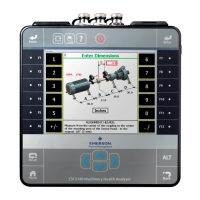
